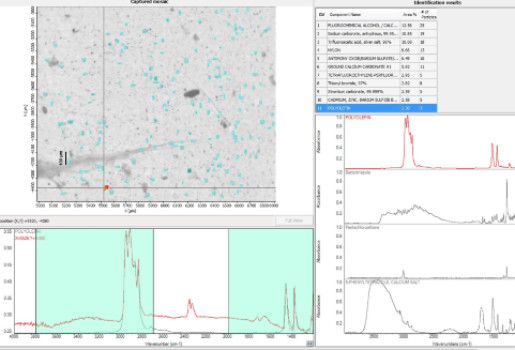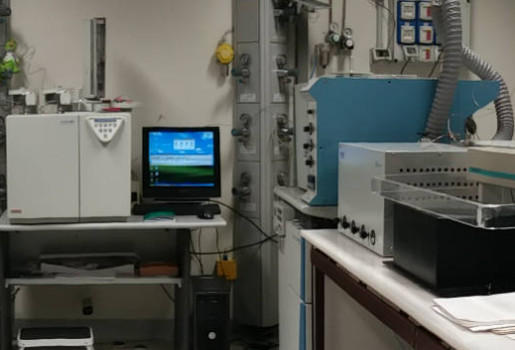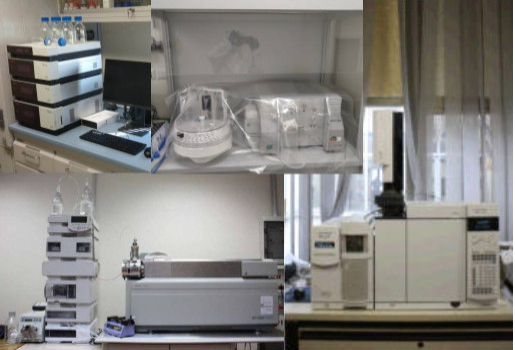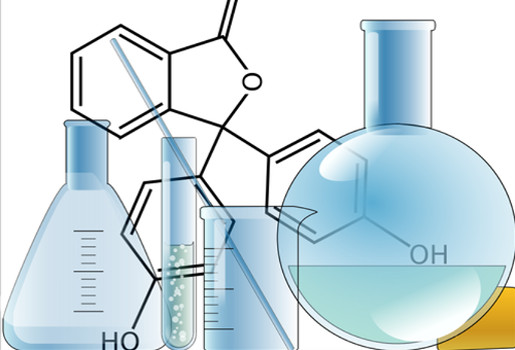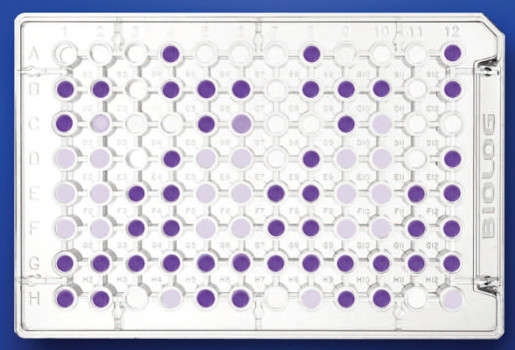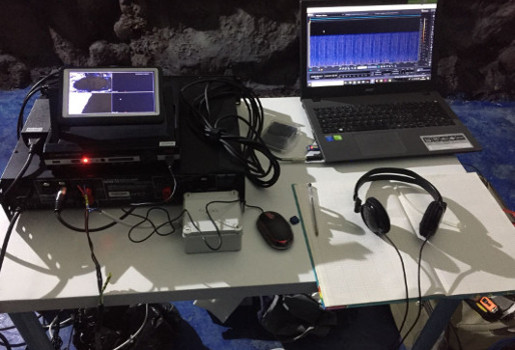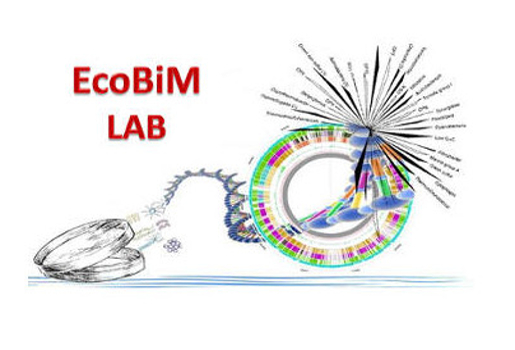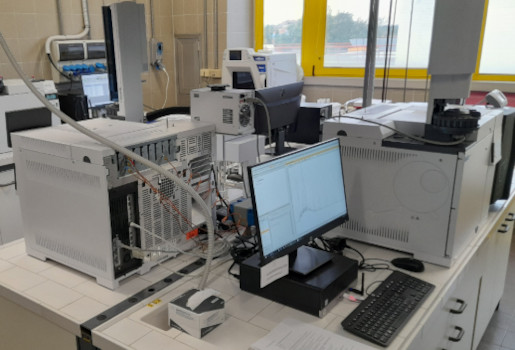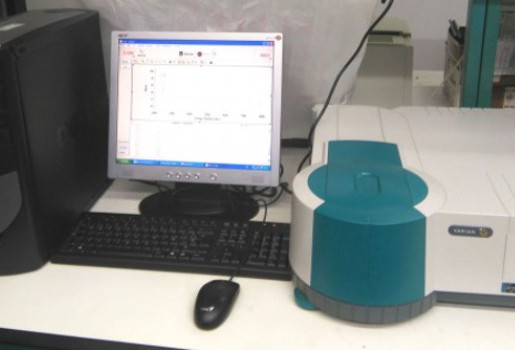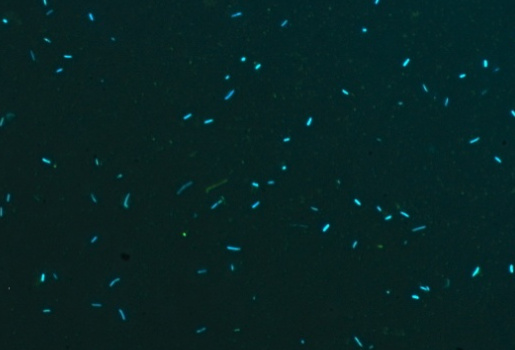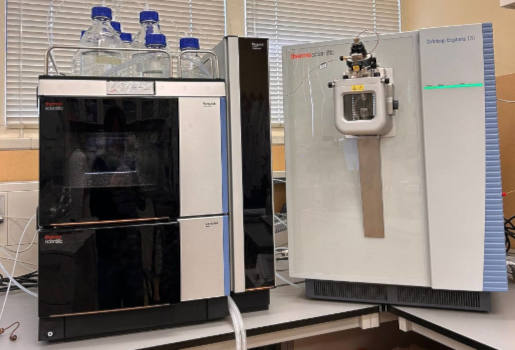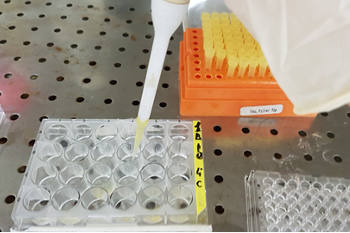 Short description
Short description
The research activities carried out in the BiogeM laboratory at the Messina headquarters are aimed at studying the marine and terrestrial biological processes that modulate and influence the chemical characteristics of the polar environment and the related cycles of matter and energy, also in relation to climate change.
Particular attention is paid to the evaluation of the role of microorganisms in the global carbon cycle and in the biogeochemical cycles of nutrients (nitrogen, phosphorus) of marine and lacustrine environments, through the study of both productive and degradative processes.
Among these, the activities involved in the decomposition of organic polymers, through microbial enzymatic activities, and the mineralization processes through microbial respiration.
The biogeochemical processes mediated by the microbial component are also being studied in the framework of the cryosphere, in order to understand the ecological significance of microbes in the permafrost, and their ability to maintain an active metabolism in extreme living conditions.
Together with the microbial processes linked to the biological pump and organic matter decomposition, a series of indirect biogeochemical parameters related to phytoplankton and bacterial biomass (Chlorophyll, ATP, lipopolysaccharides-LPS) are also determined.
Matrices of interest
The analyzed matrices are mostly ascribable to the hydrosphere (marine, river and lake waters, brines), soil, sediments, biofilm, cryosphere (permafrost, snow, sea and continental ice, intrapermafrost brines) and aquatic organisms.
Study techniques
At the BiogeM laboratory, measurements are carried out to determine the following parameters:
- Primary phytoplankton production;
- Microbial respiratory activity (consumed O2; produced CO2) (by ETS assay);
- Microbial enzymatic activities (leucin aminopeptidase, beta-glucosidase and alkaline phosphatase) (through fluorogenic substrates);
- Heterotrophic bacterial production;
- Content of total and size-fractionated (pico-, nano- and micro-phytoplanktonic) chlorophyll-a, pheopigments;
- microbial ATP in pico-, nano and microplankton fractions;
- Quantitative analysis of lipopolysaccharides (LPS) by the LAL chromogenic test.
Instrumentation
Spectrofluorimeter, Luminometer, Fluorometer, Spectrophotometer equipped with 96-well plate fluorescence reader, incubator, autoclave, balance, homogenizer, filtration systems, refrigerated centrifuge.
For information: Dr. Gabriella Caruso – gabriella.caruso AT cnr.it







